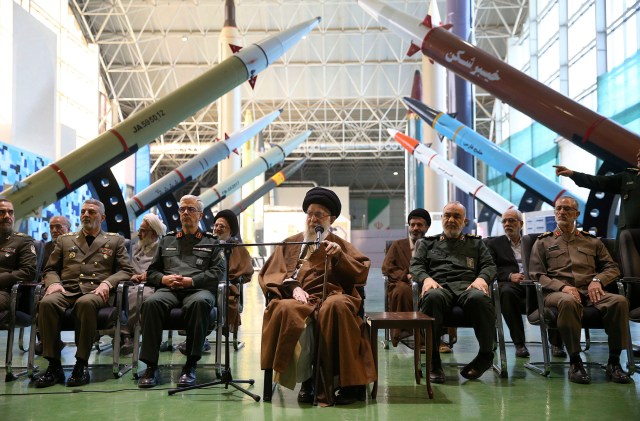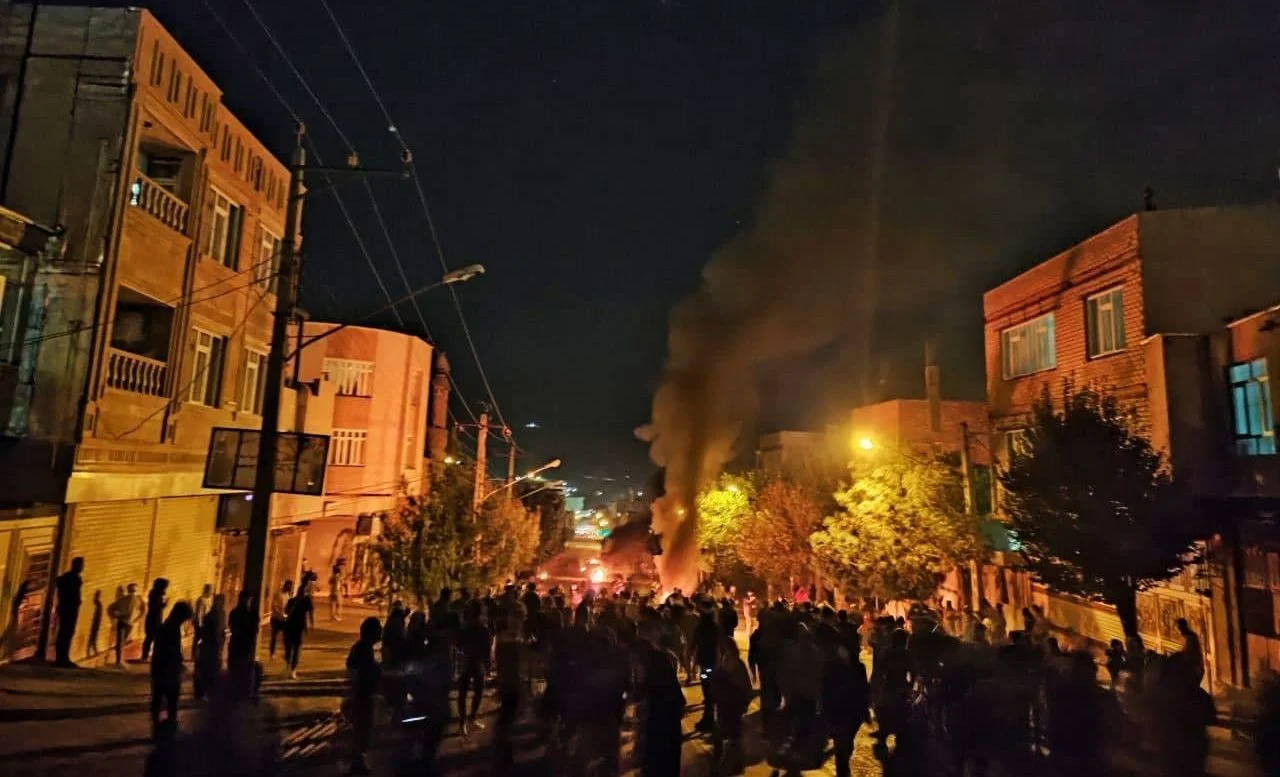
Khamenei, who has overseen a regime marked by massacres, assassinations, and terror, remarkably portrays his governance as a victim of global oppression. This duality is central to his strategy in what he terms the “war in narratives.”
The Supreme Leader’s website, which features his speeches, reveals his firm belief in shaping public perception. “Narrate the truths of your society, your country, and your revolution,” Khamenei asserts, emphasizing the need to control the narrative lest the enemy paints a contrasting picture. This approach is critical in understanding Khamenei’s regime, which has consistently portrayed itself as a victim while simultaneously engaging in oppressive acts both within Iran and globally.

In November 2020, Khamenei introduced the concept of “Jihad of Explanation,” urging authorities to counter enemy propaganda by “explaining the truth” in various languages and methods. By March 2021, he expressed his willingness to lead the country’s virtual space, highlighting its significance as comparable to the Islamic Revolution itself.
However, in a 2017 speech, he warned against confusing the “martyr and the oppressor” when discussing the 1980s, a decade marked by significant conflict between the regime and the PMOI, which the regime derogatorily refers to as “hypocrites.”
As Iran nears the anniversary of the 1979 Revolution, it is evident that the regime remains dissatisfied with its long-standing efforts to discredit the PMOI. Despite spending billions in creating films, articles, books, and engaging in cyber warfare, the regime acknowledges its failure to convincingly portray the Iranian Resistance to the youth and the international community.
This campaign includes an entire article on the Supreme Leader’s website, accusing the PMOI of being Marxists posing as Muslims. This rhetoric aims to sway Iranian youth, who are largely unaware of the events involving the PMOI from decades ago.
Gholamali Haddad Adel, a senior advisor to Khamenei, admitted the ongoing appeal of the PMOI, criticizing the regime’s informational and artistic institutions for failing to adequately convey the “crimes” of the PMOI. This sentiment was echoed during a mock trial session, where the prosecutor’s office referred to the Resistance Units active in recent disturbances as a new incarnation of the PMOI’s command center in Iran.
Watch and judge how #MEK's influence inside #Iran has become a devastating factor affecting the regime's internal feud pic.twitter.com/7xLNf7QUB9
— NCRI-FAC (@iran_policy) January 17, 2024
Interestingly, a film director close to Iranian intelligence services, Javad Muguee, suggested in an interview that the issue of the 1988 executions, where over 30,000 Iranians, mostly PMOI supporters, were killed, played a significant role in shaping public perception of the regime. This massacre remains a pivotal issue, and its memory continues to fuel resistance against the regime.

MEK Iran (follow us on Twitter and Facebook), Maryam Rajavi’s on her site, Twitter & Facebook, NCRI (Twitter & Facebook), and People’s Mojahedin Organization of Iran – MEK IRAN – YouTu







